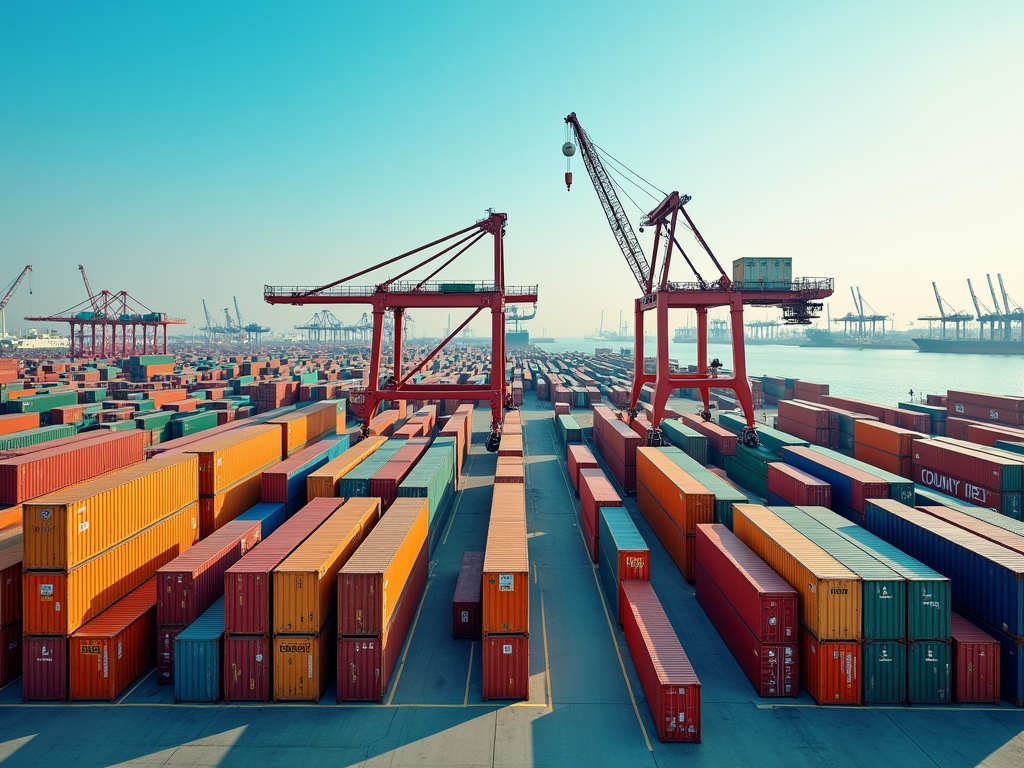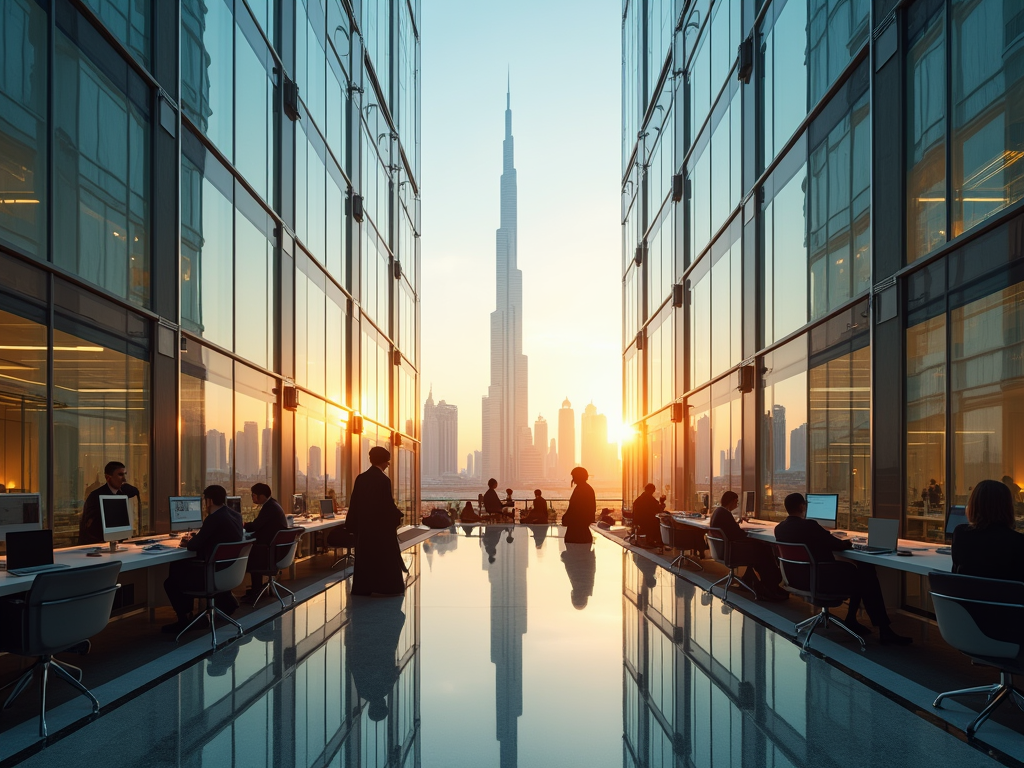Dubai has established itself as a premier global business hub, thanks predominantly to its pro-investment policies. These policies are tailored to create a conducive environment for international businesses, encouraging them to set up operations in the region. Factors like tax incentives, free zones, streamlined regulations, and world-class infrastructure play a significant role in attracting foreign investment. This article will delve deeper into these policies, exploring how they collectively foster a thriving business ecosystem in Dubai.
Tax Incentives that Attract Foreign Companies

One of the key attractions for international investors is Dubai’s minimal tax regime. Businesses benefit from a range of tax incentives, which are essential for minimizing overhead costs. Here are some of the noteworthy tax features:
- No Personal Income Tax: Residents and expatriates can enjoy significant financial benefits as there is no personal income tax.
- Corporate Tax Rate: The corporate tax rate is highly competitive, especially compared to many Western nations, making it financially attractive for companies.
- Free Trade Zones: Many industries benefit from zero customs duties, providing substantial cost savings on imports and exports.
These tax incentives not only enhance profit margins for foreign businesses but also serve to entice new market entrants who may be weighing options in less favorable tax environments. As Dubai continues to update and refine these policies, it positions itself as a prime destination for international businesses seeking growth and stability.
Dubai boasts one of the most developed infrastructures globally, which is instrumental in attracting international investment. The seamless integration of transport systems and cutting-edge technology provides businesses with the tools they need to succeed. Major factors include:
- Dubai International Airport: One of the busiest airports in the world, facilitating effortless global connectivity.
- Advanced Port Facilities: Jebel Ali Port is among the largest in the Middle East, enhancing Dubai’s role as a shipping and logistics hub.
- Road and Rail Networks: A well-planned network that supports efficient transport and logistics, fostering ease of doing business.
This world-class infrastructure not only streamlines operations for existing businesses but also significantly reduces entry barriers for international firms aiming to establish a foothold in the Middle East.
Streamlined Regulations and Legal Framework

The legal framework in Dubai has been designed to be transparent and straightforward, significantly easing the process for foreign business owners. Regulatory reforms implemented over the years focus on simplifying business setups, which enhances investment opportunities. Notable features include:
- One-Stop Shops: Government initiatives like the Dubai Investment Development Agency provide a single-point access to business registration, licenses, and permits.
- Fast-Track Licenses: Businesses can obtain licenses quickly, allowing for rapid market entry.
- Employment Regulations: Simplified hiring and labor laws, which facilitate the recruitment of skilled international talent.
This robust regulatory framework minimizes bureaucratic hurdles, allowing for a more fluid and efficient business environment that appeals particularly to entrepreneurs looking for a hassle-free setup.
Innovative Ecosystems and Investment Opportunities
Dubai’s commitment to innovation plays a pivotal role in attracting investment. The creation of various incubators and accelerators emphasizes research, technology, and development, enabling startups and established firms to thrive. There are numerous sectors seeing rapid growth, including:
- Technology: The rise of tech startups, especially in areas like fintech, health tech, and AI.
- Tourism and Hospitality: Investments in luxury hotels and entertainment are on the rise.
- Renewable Energy: As part of its vision 2021, Dubai is heavily investing in green technologies and sustainable practices.
As the city amplifies its focus on innovation, it fundamentally reshapes its economic landscape, inviting international investors to take advantage of emerging sectors that promise high returns.
Conclusion
In summary, Dubai’s business-friendly policies, characterized by tax incentives, advanced infrastructure, streamlined regulations, and innovation-driven ecosystems, collectively attract international investment. The Emirate offers an ideal environment for businesses seeking both growth and stability in a strategically advantageous location. As global markets continue to evolve, Dubai remains committed to fostering an inviting atmosphere for foreign investors, significantly solidifying its reputation as a leading business hub in the region.
Frequently Asked Questions
1. What are the major tax benefits for businesses in Dubai?
Dubai offers no personal income tax, low corporate tax rates, and many businesses can operate tax-free in free zones.
2. How long does it take to set up a business in Dubai?
The process can be expedited significantly; many businesses can be registered in a matter of days through one-stop shops like the Dubai Investment Development Agency.
3. Are there any restrictions on foreign ownership of businesses in Dubai?
Foreign ownership laws vary; however, many free zones allow 100% foreign ownership, while some sectors may have restrictions.
4. How is the infrastructure in Dubai conducive to business activities?
Dubai features a world-class airport, advanced port facilities, and an efficient road and rail system that facilitates logistics and connectivity.
5. What sectors are seeing the most investment in Dubai?
Sectors like technology, tourism and hospitality, and renewable energy are currently the most attractive for international investment.
